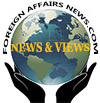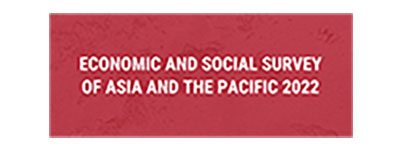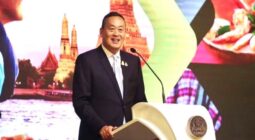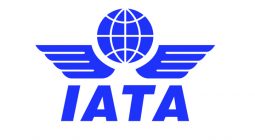South Asia Watch on Trade, Economics and Environment (SAWTEE), in collaboration with the United Nations Economic and Social Commission for Asia and the Pacific (ESCAP), organized a policy dialogue on the “Economic and Social Survey of Asia and the Pacific 2022” today- July 1, 2022 in capital
In the program, experts opined on major development challenges that Nepal is facing and stressed on the need for macroeconomic and structural policy for an inclusive economy, as stated in the press release.
Economic and Social Survey of Asia and the Pacific, is one of the longest, continuously running reports in the United Nations system, providing decision makers in the region with valuable information in forming development policy for decades.
The Economic and Social Survey of Asia and the Pacific 2022 report that launched on April 12, 2022 highlights the role of macroeconomic and structural policies in tackling inequality and recommends a three-pronged policy agenda aimed at shaping an inclusive economy in Asia and the Pacific.
The objectives of today’s policy dialogue was to disseminate the key messages of the report and discuss major development challenges that Nepal is facing and available policy options to address them, it said.
Sharing his opinions, the Vice Chairman of National Planning Commission Dr. Bishwo Nath Poudel briefed that the tax and transfers is not a good measure to reduce inequality even though it has reduced inequality in developed countries.
He also emphasized on the idea that it is better to target growth with jobs rather than jobless growth.
Highlighting the increased access to finance in Nepal, Vice Chairman Dr. Poudel said, “With a tireless effort, out of 753 local bodies 751 have commercial banks now which could be counted as milestone achievements.”
Acting UN Resident Coordinator for Nepal Richard Howard emphasized on making the upcoming Least Developed Countries (LDC) graduation sustainable.
“We as a UN system can work together with the government to make a smooth and sustainable transition from Nepal’s LDC category,” he stressed.
Executive Director at Nepal Rastra Bank (NRB) Dr. Prakash Kumar Shrestha stated on works done by NRB with the main focus on SMEs, financial inclusion, wide expansion of microfinance institutions, refinance policies, Central Bank Digital Currency (CBDC) and branchless banking, reads the press note.
“NRB is focusing on Interest subsidized concessional loan lending programs to promote inclusiveness,” informed Dr. Shrestha mentioning three major challenges– External sector stability, Inflation, and Liquidity crisis — in the macroeconomics. He also stressed on the need of taking into consideration these three factors in the next monetary policy issue.
“Inequalities have always existed but the pandemic made them worse. The pandemic has badly affected around 85 million individuals, with vulnerable sectors being the most seriously affected,” outlined Ms. Kiatkanid Pongpanich from ESCAP in her presentation of the findings of the ESCAP flagship report “Economic and Social Survey of Asia and the Pacific 2022.”
Saying fiscal policy can help reduce inequality she outlined it largely depends upon how the policies are framed. Giving example as 20-40% spending on the health sector among developing countries are found to have been wasted via different means, she pointed out, it added.
Research Director at SAWTEE Paras Kharel brought some perspectives in Nepal’s development challenges in the dialogue saying “Social protection schemes have surged but it has not been targeted well.”
He argued that expenditure efficiency is a highly neglected area that deserves urgent attention and can yield further fiscal space.
“Public debt to GDP ratio currently has already crossed the target set under SDGs for 2030,” he said.
Senior Feminist Economist Dr. Bina Pradhan explored on root cause of inequalities saying, “Care sector that occupies almost 32% of Nepalese economy is a huge sector not just in Nepal but in whole South Asia.
Thus, when we talk about the care economy it should be addressed especially from the point of human welfare.
Concluding the policy dialogue event, Chairman of Nepal Institute for Urban and Regional Studies (NIURS) Dr. Jagadish Chandra Pokharel noted that it will be interesting to see how digitalization has affected service delivery and economic performance.
“It would be intriguing to see the results of the report in the manifesto of the upcoming candidates for provincial and national level elections,” he lauded.
Policymakers, researchers, experts, NPC officials were presented among others at the function.
The “Economic and Social Survey of Asia and the Pacific” report can be found at https://www.unescap.org/kp/2022/economic-and-social-survey-asia-and-pacific-2022









